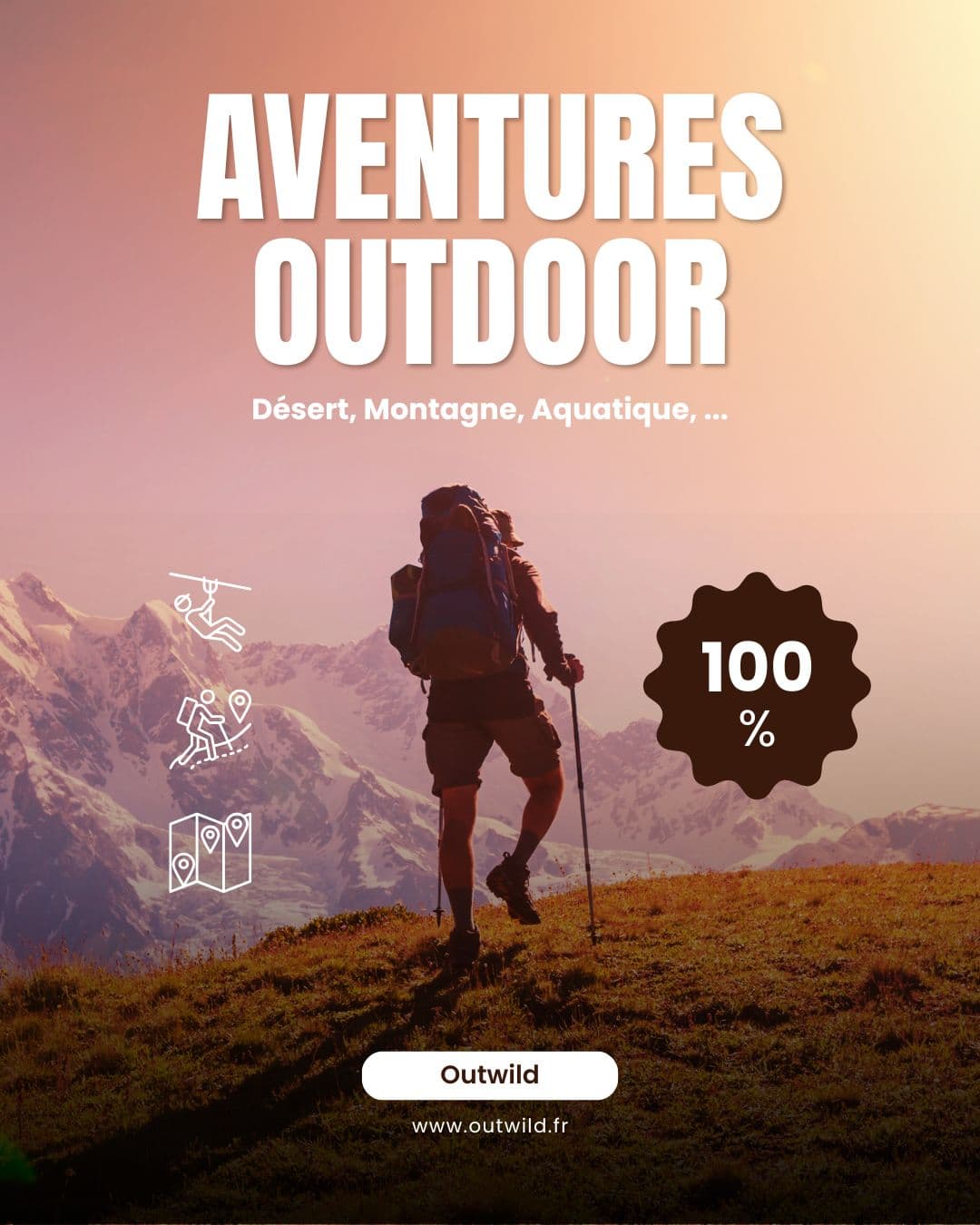Recette: Baklawa aux amandes
Ingrédients: pate : * 4 bols de farine * 1 bol de beurre fondu * un peu d’eau * 3 c à s à 4 d’eau de fleur d’oranger Farce : * 3 bols d’amande finement moulinées * 1 bol de sucre * un peu d’eau de fleur d’oranger * 500 g de miel Décoration vous avez besoin de quelques amande et quelques fleurs ( étaler la pate couper des pétales a l’aide d’un tube de rouge à lèvre) Pour la farce , faire bouillir 1 kilo d’amande entière dès que l’on voit que la peau commence à s’enlever, passer les amandes à la passoire puis enlever la peau .Mettre les amandes au four quelques minutes en les remuant de temps en temps attention qu’elles ne grillent pas trop Dans un saladier mettre 3 bols d’amande finement moulinées puis un bol de sucre et enfin de l’eau de fleur d’oranger . Mélanger le tout manuellement . Pour la pate Mettre dans un saladier 4 bols de farine , un bol de beurre fondu . Mélanger le tout rajouter un peu d’eau et 3 c à s à 4 Mélanger à nouveau jusqu’à obtenir une pate homogène .Rajouter de l’eau de fleur d’oranger 3à4càs . Malaxer la pate et partager la pate en 14 boules . Beurrer un plateau avec du beurre fondu . Prendre chaque boule de pate puis étaler et passer la dans la machine à pate sur n° 8 sinon étaler la au rouleau très finement mettre la pate dans un plateau et beurrer cette pate avec du beurre fondu et répéter l’opération 7 fois un coup verticalement un coup horizontalement( si cette pate est passé dans la machine à pate) si vous la passez au rouleau mettez une pate beurre fondu + pate + beurre …….. mettre la farce et recouvre avec les 7 pates qui reste pareil pate + beurre fondu …. si vous passez votre à la machine vous allez obtenir des bandes donc à ce moment la le dernière pate mettez entière(un rond) Pour la décoration pré couper la baklawa en 8 triangle préoccuper des losanges et pique une amande et 4 feuilles la pointe de l’amande doit être en bas ensuite mettre les feuilles + l’amande sur le gâteau terminer de couper mettre au four laisser dorer sortir la baklawa et arroser de miel le gâteau doit être couper le lendemain

